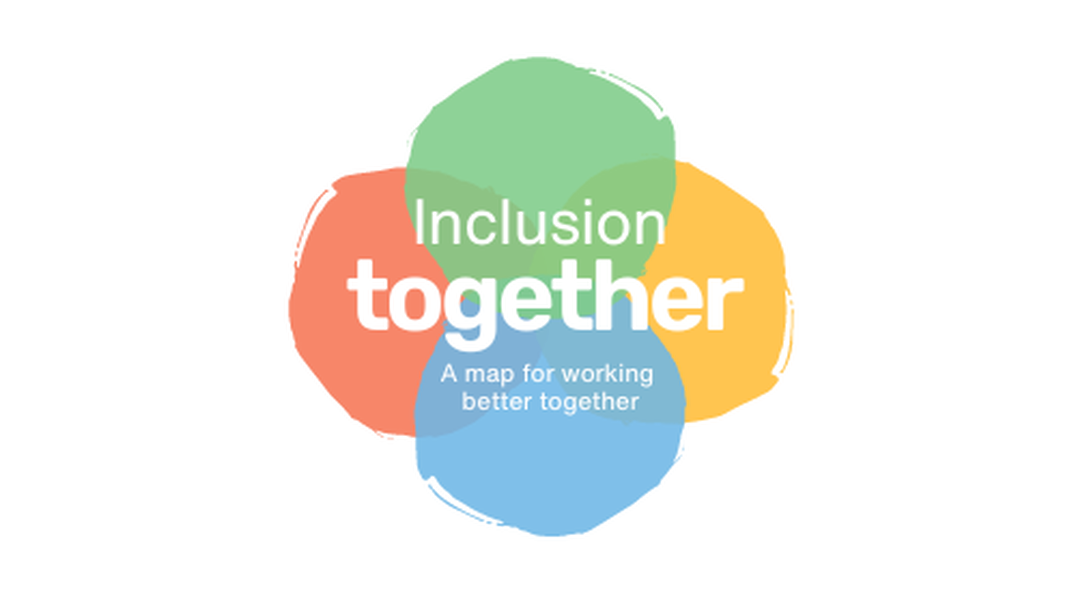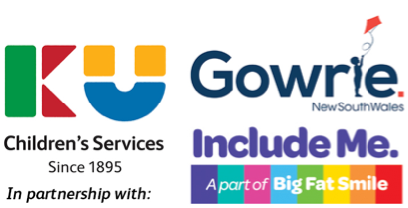
Creating Cultures of Inclusion
1 November 2021By Dr Kathy Cologon - Senior Lecturer, Inclusive Education, Macquarie University School of Education
Inclusion is important, possible, wonderful, and it happens all around us all the time. However, inclusion is also sometimes elusive.
One of the most challenging issues is the ongoing confusion about what inclusion means and, in particular, the number of practices that are called inclusion but are really fauxclusion – as in, exclusion masquerading as inclusion. The trouble with fauxclusion is not only that it perpetuates confusion about inclusion, but it actually prevents inclusion from happening. For example, if we think we are already being inclusive then it is much harder to take a step back and see the barriers that are occurring and what we might need to be doing to actually be inclusive. The first step to addressing fauxclusion is thinking about what inclusion actually means. Inclusion is not an endpoint, it is a process, a philosophy, and an ever-evolving set of practices. Inclusion is a human thing so it’s also a changing thing, so as for all aspects of early childhood education and care, we think, act, reflect, and change in an ongoing cycle. Given this, no matter how inclusive we are, no matter how long we’ve been ‘doing inclusion’, it is always valuable to revisit and reflect on what inclusion means and what it is all about.
Over time we have come to understand more and more that inclusion is about everyone. It really is about all of us. There is no ‘type’ of person who needs to be included – we all do. Inclusion is a right for everyone, not an act of kindness or charity. Inclusion is not conditional, and it is never optional. Inclusion is about all of us being genuinely welcome and supported to flourish together.
Inclusion is about difference, it is not about sameness. Pretending we are all the same doesn’t bring about inclusion and, while not intentionally, it skirts dangerously close to fauxclusion territory. Inclusion means acknowledging, respecting, openly talking about and engaging with our multitude of human differences – whatever they may be. Inclusion is an important ‘big idea’ but it is also a hands on, everyday, very practical process that is lived out moment by moment. It can be ‘messy’ but it is very real. Making mistakes when working towards inclusion is always going to happen but that’s not the same thing as pretending to be inclusive or misunderstanding inclusion.
When I’m talking about inclusion, I often use the analogy of a peg board. If we view inclusion as being about fitting children and families into our education and care setting then we are, in a sense, trying to fit square pegs into round holes. This is a process of assimilation, not inclusion. If, instead, we understand inclusion to be about creating flexible and responsive education and care settings and practices that can welcome, embrace, and support children in all their diversities then we are changing the holes on the peg board to fit the children and families – this is inclusion.
However, in changing the holes in the peg board in order to include children and families, we don’t discard the peg board and bob around without an anchor point. When we are creating inclusive policies, practices, environments, resources, and experiences, we are welcoming diversity as a rich and positive resource and as a reality in bringing human beings together. We are offering education and care from this standpoint. We are using – not discarding – our own knowledges and openly welcoming new ideas. We are recognising that we are all – from infancy onwards – growing and developing, and that educators have important roles to play in supporting this ongoing flourishing.
It is often said that when a child is truly included you can’t ‘pick’ the ‘included’ child from the group. There is a lot to reflect on and unpack in that statement, including the unintended assimilation that might occur if that is our goal. One important element that this notion brings to the fore is the matter of support. Providing support can sometimes be like a delicate dance. No matter how well intended, if we provide too much ‘support’, we can accidentally create exclusion. For example, if an educator is ‘glued’ to a child this may reduce or prevent opportunities for important peer interactions and independent explorations. On the other hand, if we focus on sameness then we can fail to provide the support that is absolutely necessary to achieve inclusion. For example, if an educator is not readily and closely at hand as needed children may not have the support that is needed for shared communication, collaborative problem solving, or even basic access to the setting and the experiences on offer. Weaving, twirling, gliding, arm in arm, support needs to be present, readily available, appropriate and always changing as children grow and develop together.
When we are supporting children, we always start with recognising children’s strengths. What a child can do (and what they are interested in) and how we can build forward from this. The same is true for ourselves. In thinking about where to from here with inclusion we need to recognise our own strengths and build on these to address the barriers to inclusion that we can currently identify.
At the core of inclusion is belonging and relationships. Through warmth, openness, and through building shared communication and trust, we set the foundations for flexible and responsive practices that can be genuinely inclusive as we nurture our early childhood communities.

The Australian Government funded NSW/ACT Inclusion Agency is managed by KU Children’s Services, in partnership with Include Me and Gowrie NSW.
Questions to support reflection
Common misunderstandings about inclusion can influence our thinking and practice. The following questions are provided to support your reflection and team discussion.
- What does inclusion mean to you?
- What does inclusion look like in your service for all children, families and educators?
- How is inclusion represented in your service's philosophy?